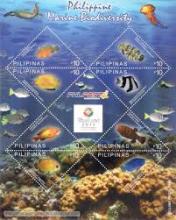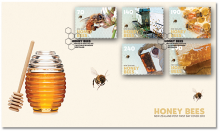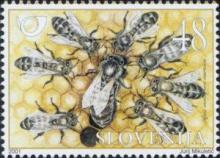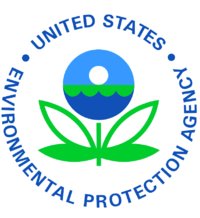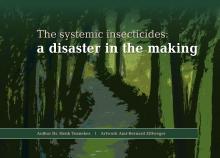Obama Administration Takes Important Step to Protect Endangered Species From Pesticides
The Environmental Protection Agency and several other federal agencies released new policies today designed to better assess the risks that pesticides pose to endangered species. These policies will ensure that mitigation measures recommended by the federal wildlife agencies are put in place to protect endangered species in agricultural areas, as well as in areas downstream that are affected by pesticide runoff. They come in response to an April 2013 report from the National Academy of Sciences that criticized the EPA for failing to fully assess the impact of pesticides on endangered species. “The actions announced today represent an important step forward in protecting our nation’s most endangered plants and animals from toxic pesticides, but this is just the first step,” said Brett Hartl, endangered species policy director at the Center for Biological Diversity. “The EPA needs to do much more to ensure this new plan results in meaningful, on-the-ground conservation actions to protect our most endangered species and their habitats.”

